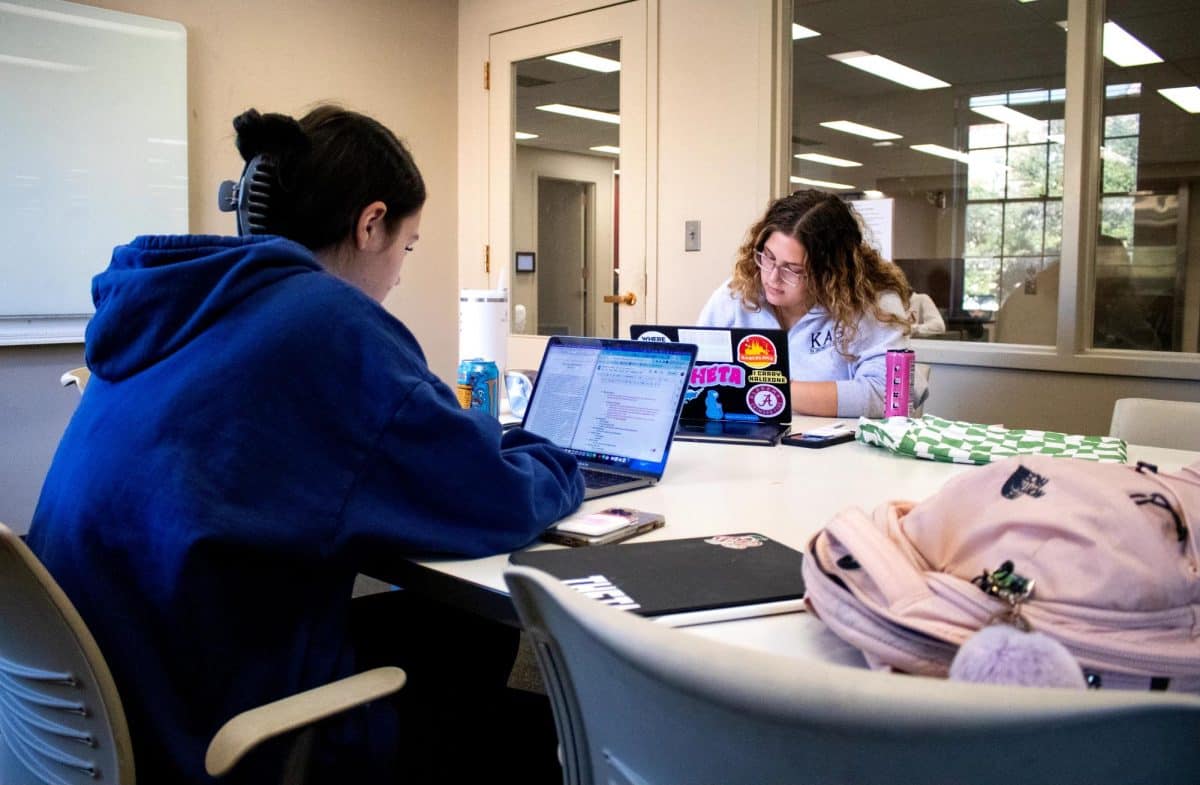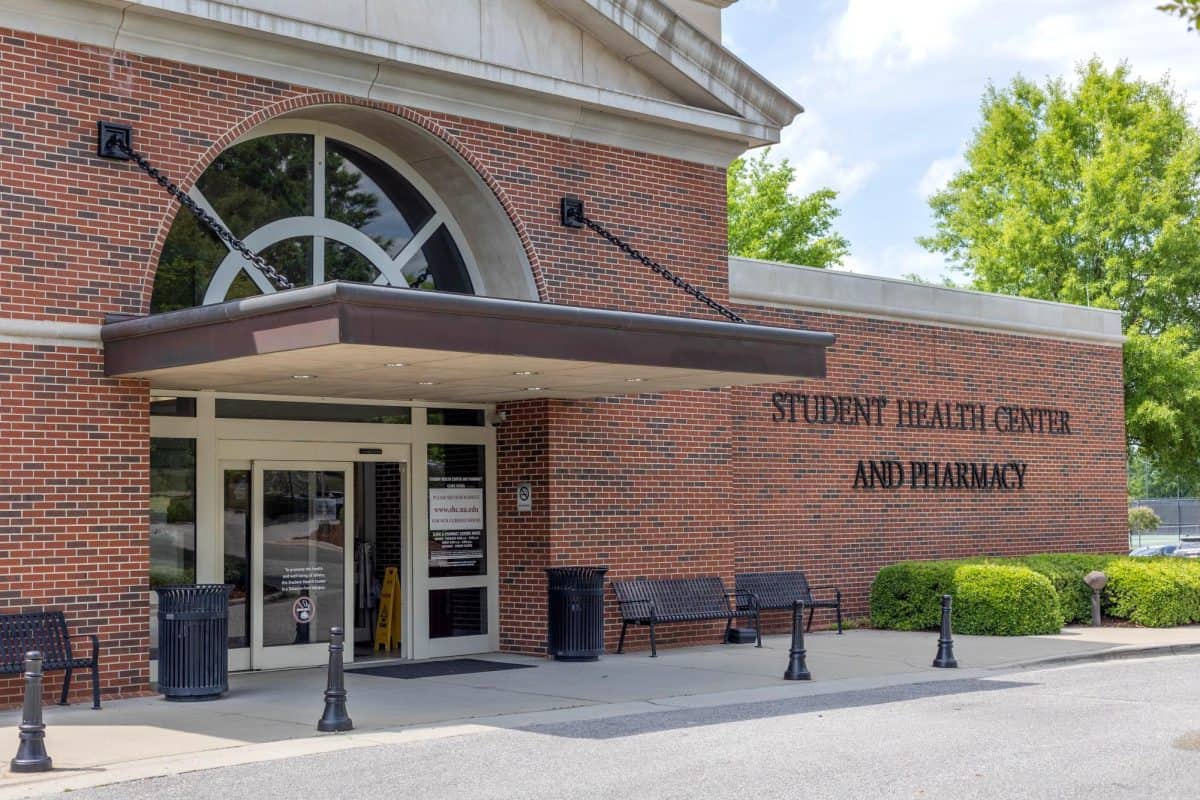Recently, I traveled to Birmingham with the Blackburn Institute to meet community leaders and discuss the future of the Birmingham area. Although discussion covered a variety of issues, each reached the same conclusion: The quality of Birmingham’s and Alabama’s education systems directly affect their economic and social futures.
It is no secret that, in addition to high unemployment, poverty and crime, Birmingham, like many Alabama communities, suffers from an underfunded and failing school system. The problem of education funding is coupled with a problem of keeping business leaders in Birmingham.
Throughout the last half-century, Birmingham’s business leaders have moved out of the city center to live in the outlying suburban Over the Mountain area, where the schools annually finish top in the state. When a majority of Birmingham’s business leaders decide to live outside of downtown, the city’s cultural development begins to stagnate.
Birmingham is further hampered by its inability to attract young professionals and college graduates from around the Southeast. Young professionals tend to seek jobs in states where they can find both affordable in-city housing and quality school systems.
The twofold problem related to education prevents Birmingham from attracting new businesses. Instead of considering Birmingham, businesses migrate to cities where strong school systems attract the young professionals they want to hire.
So how does Birmingham improve its school system? You may say, “Hire better teachers, add extracurricular programs, purchase new supplies, update facilities, etc…” Basically, just follow what the Over the Mountain schools do.
However, this is not feasible. Birmingham, like many Alabama school systems, lacks the tax base to pay for these improvements.
Simply raising taxes on Birmingham residents for school improvements poses a problem as well.
The state constitution prevents local governments from easily raising property taxes, which in turn forces cities to rely on sales tax increases. Sales taxes, however, are extremely regressive.
The problem of a regressive tax system is that it causes the poor to pay taxes that equate to larger portion of their income than the wealthy. In Alabama, the state with the country’s most regressive tax system, raising the sales tax is bad economics.
This problem is illustrated by Cooper Greene, Jefferson County’s charitable hospital, whose mission is to provide health care to low-income families. To help pay for its services, the county enacted a sales tax, which in turn places low-income families in a worse economic position than before the tax.
Additionally, the tax is bad business. It forces the executives of Cooper Greene to make long-term business decisions such as hiring personnel, investing in capital, and purchasing supplies, with a budget locked into a volatile tax base.
Of all of the public services that need a stable income, health care is a major one. Can you imagine having to manage the hospital’s budget during the last two years when spending, and consequently sales tax revenue, dropped dramatically?
The revenue problems that Cooper Greene faces highlight those associated with Birmingham Public Schools and most public services in this state. Raising a sales tax to improve Birmingham’s schools would only slightly improve the education system while pushing low-income families further into poverty and exacerbating the effects of unemployment.
An increase in Birmingham’s sales tax would be even more regressive because the poor do most of their spending downtown while wealthy individuals who work in Birmingham mainly spend in the Over the Mountain area. An increase in the sales tax could also push more Birmingham business out of the city to avoid the tax on their product, further undercutting the effectiveness of an increased sales tax.
Birmingham, like communities all across Alabama, is negatively affected by the state’s inefficient tax system. Alabama’s constitution forces our state and local governments to collect and spend tax revenue in a manner that does not account for fairness, equity, or efficiency.
As Alabama residents, we have the responsibility to educate ourselves and inform others about the state constitution and tax law. Each year that we fail to reform our constitution, we fail to do what is best for future generations.
David Simpson is a sophomore majoring in economics and political science.








